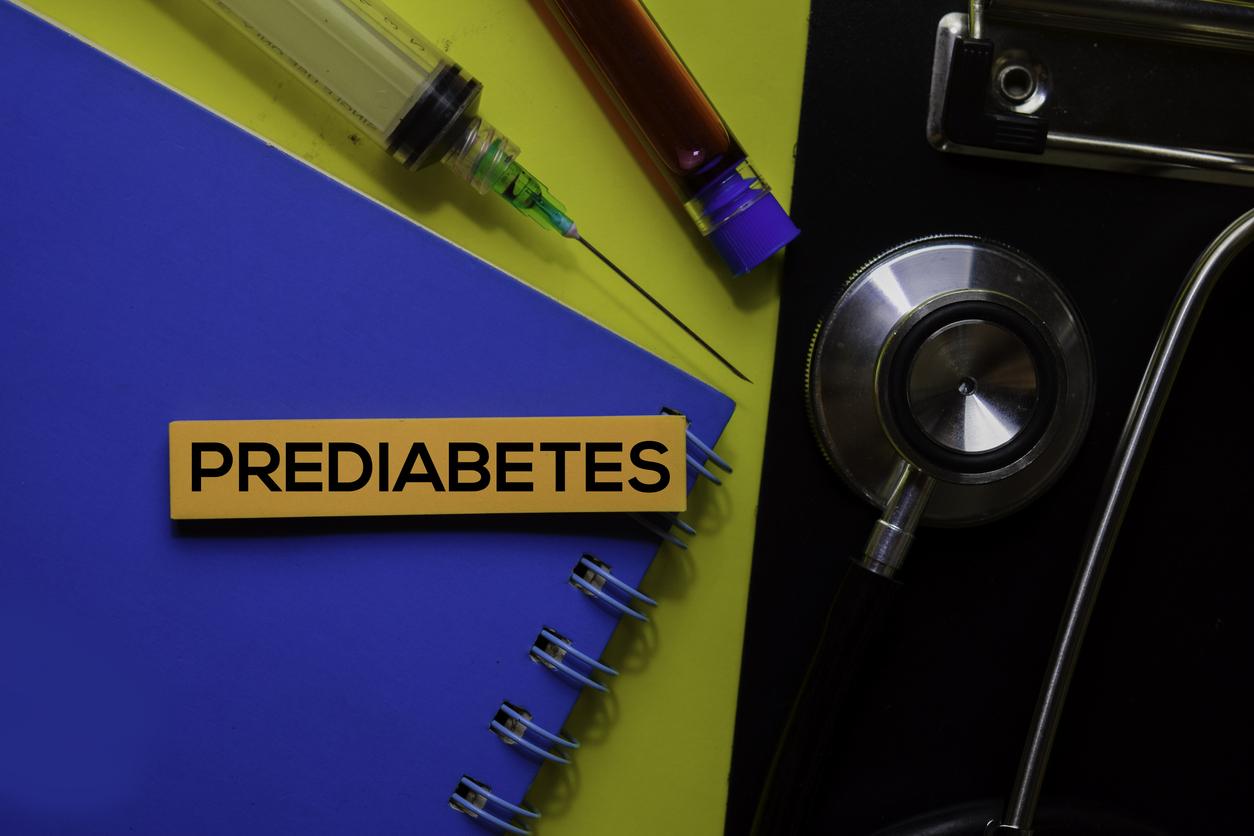The threshold for improving the vital prognosis of premature babies would be set at 26 weeks, according to a Spanish study published in the scientific journal Pediatría anal.
Carried out on 3,236 babies, the study found that the survival of newborns at less than 23 weeks (ie less than six months of pregnancy) is exceptional, and often leads to complications and severe hospitalization.
In contrast, Spanish scientists have found, thanks to data from the National Birth Registry, that the survival rate increases from 22 to 26 weeks, from 12.5% to more than 70% chance of survival.
The researchers also calculated that, after 25 weeks, premature infants had a complication-free survival rate of almost 30%, compared to just 1.5% for infants 23 weeks old. Intracranial hemorrhage, lesions of the white matter of the brain, bronchopulmonary disorders and retinal disorders are the most common complications observed.
The study underlines despite everything, that if this threshold of 26 weeks is to be taken into account, ofother factors are involved for the prognosis of premature babies: birth weight, sex of the child (girls having a better chance of developing normally), prenatal corticosteroid intake in the mother, …
According to the World Health Organization (WHO), around 15 million children are born prematurely each year worldwide, which represents 1 in 10 babies. Over a million of these premature babies die from complications, so that many survivors suffer from visual and hearing impairments as well as learning delays later.
According to the WHO, multiple pregnancies, chronic infections and diseases, diabetes, hypertension and genetic factors are common causes of premature births. Some products from our environment, such as phthalates also seem to increase the risk, even if the certain affirmation of this pollutant requires further studies.


















